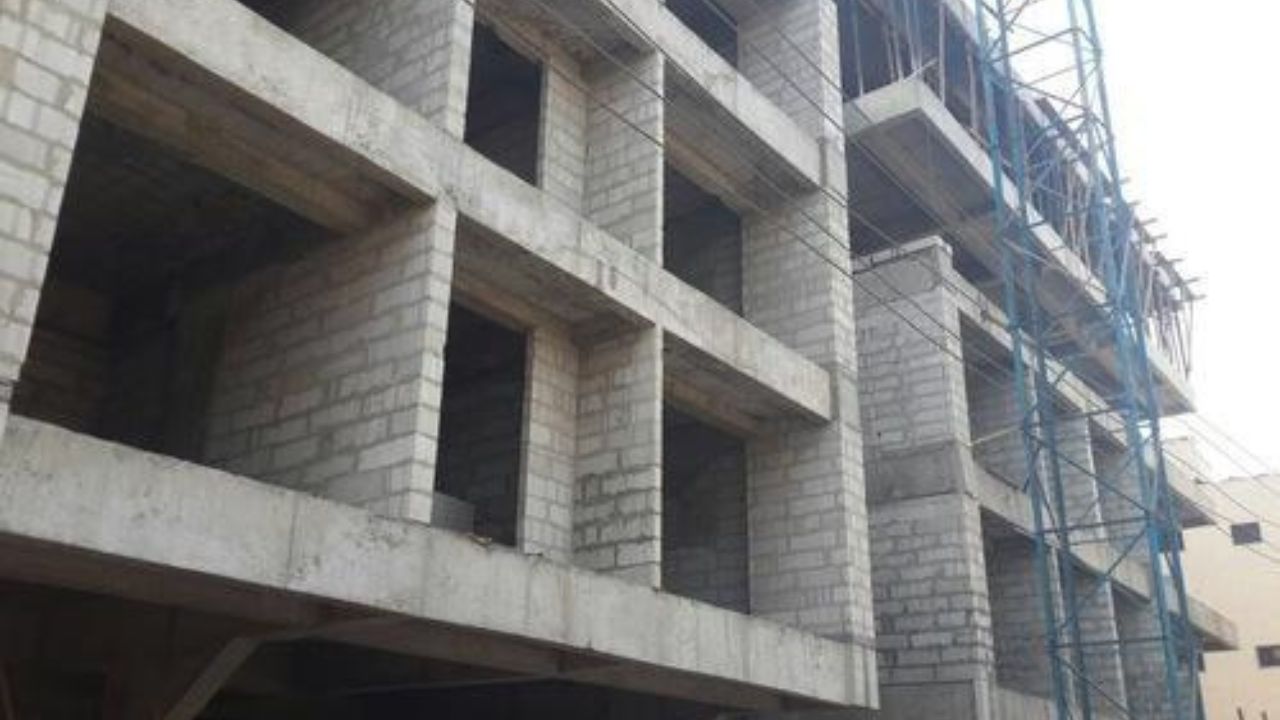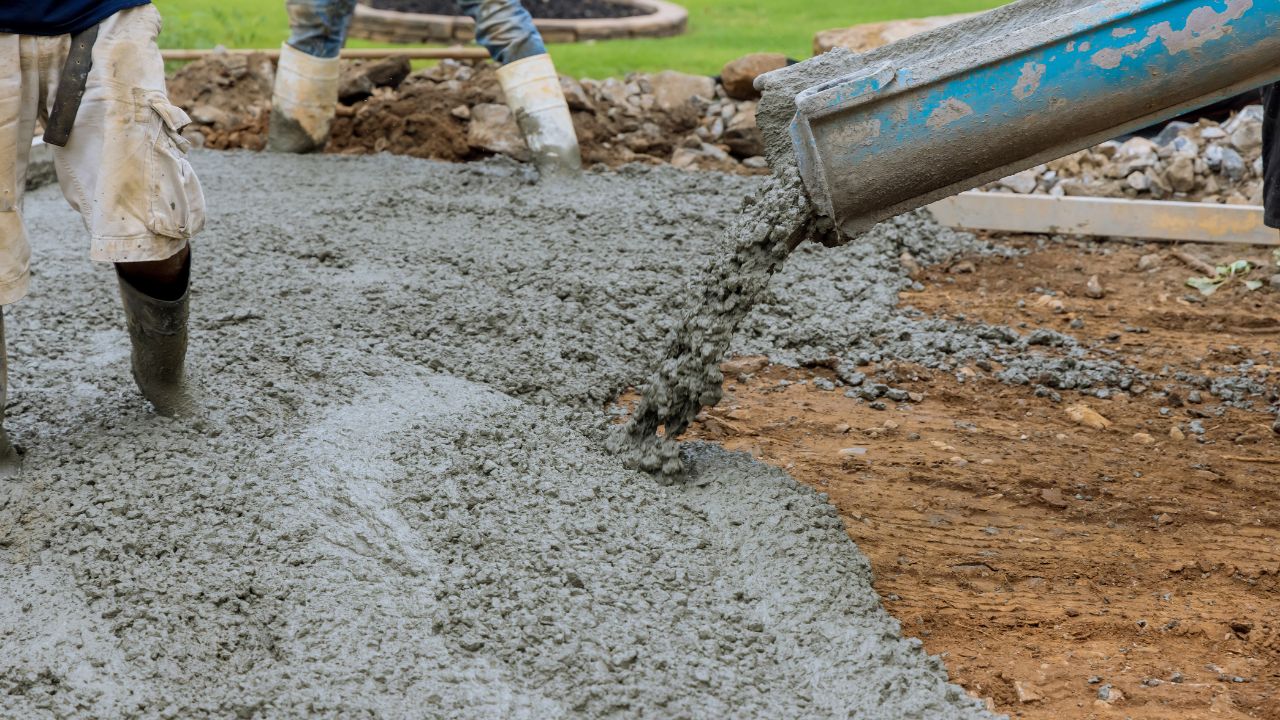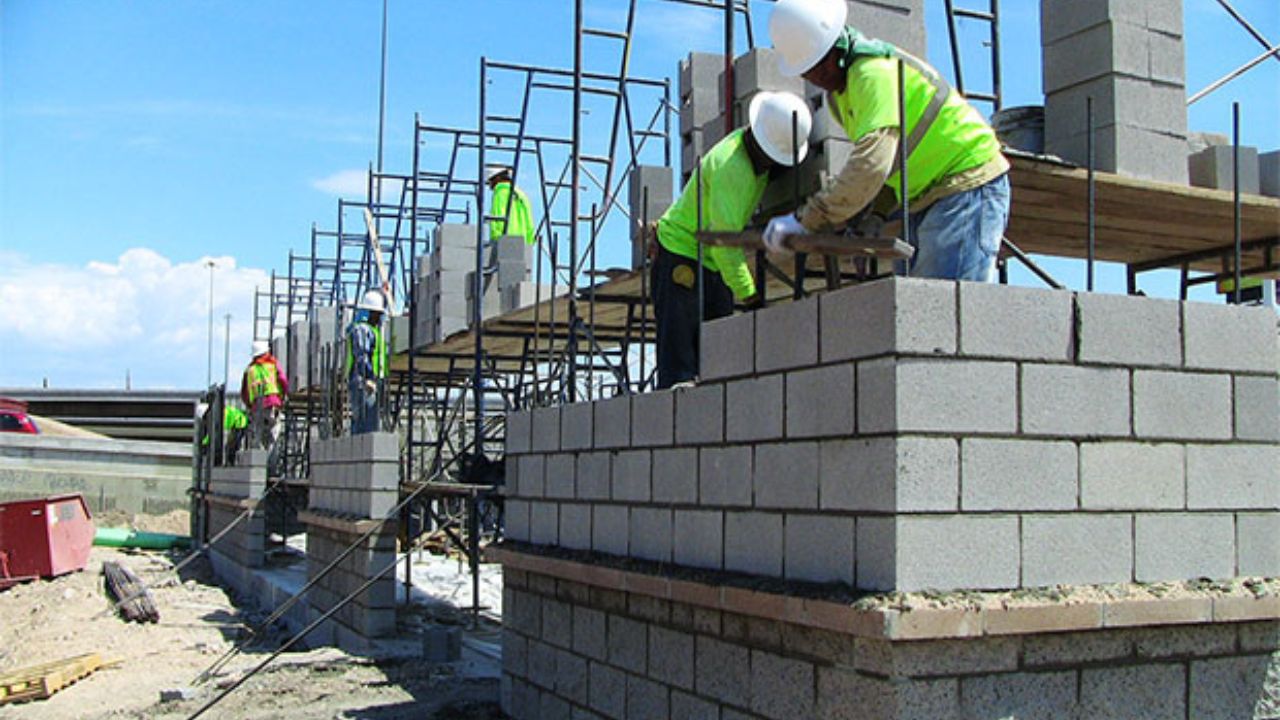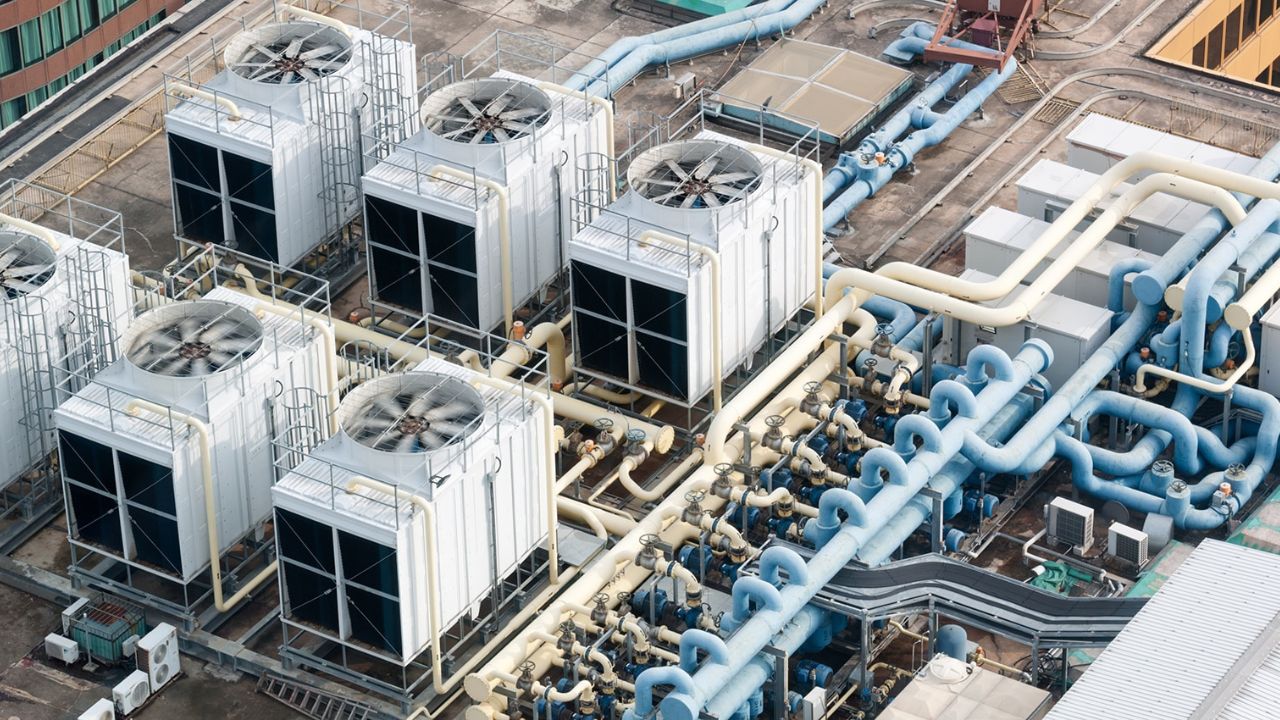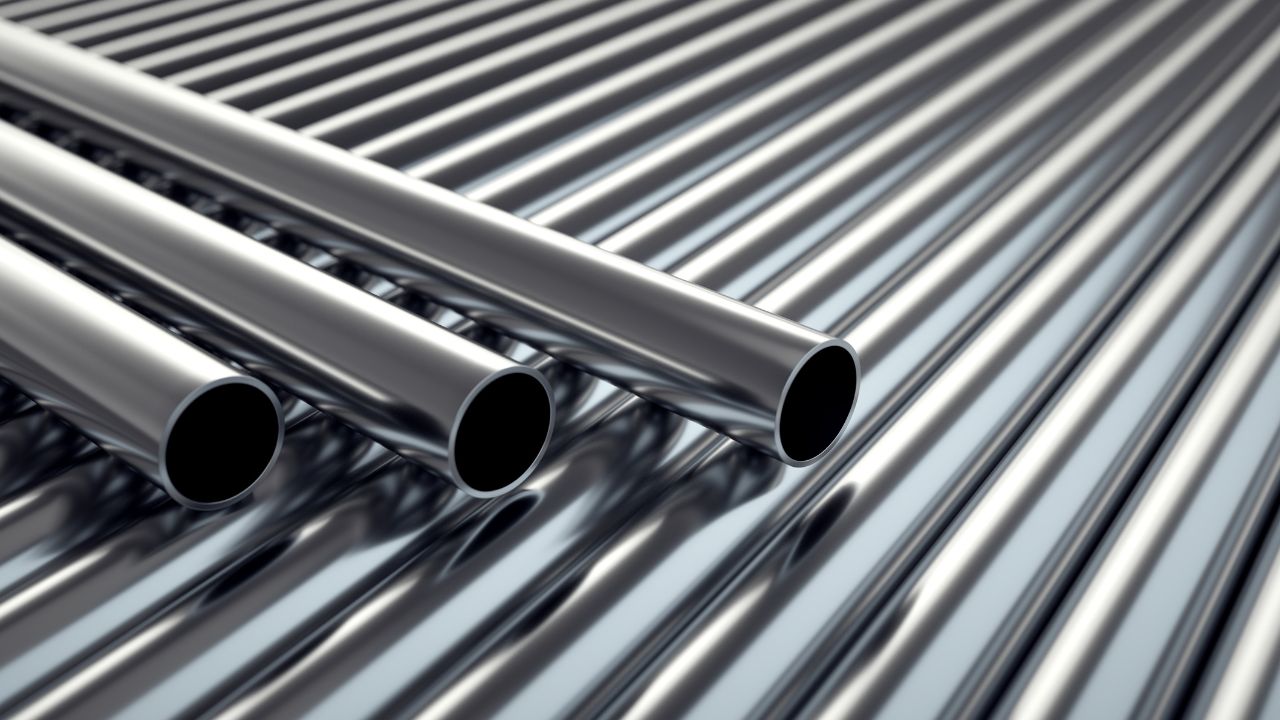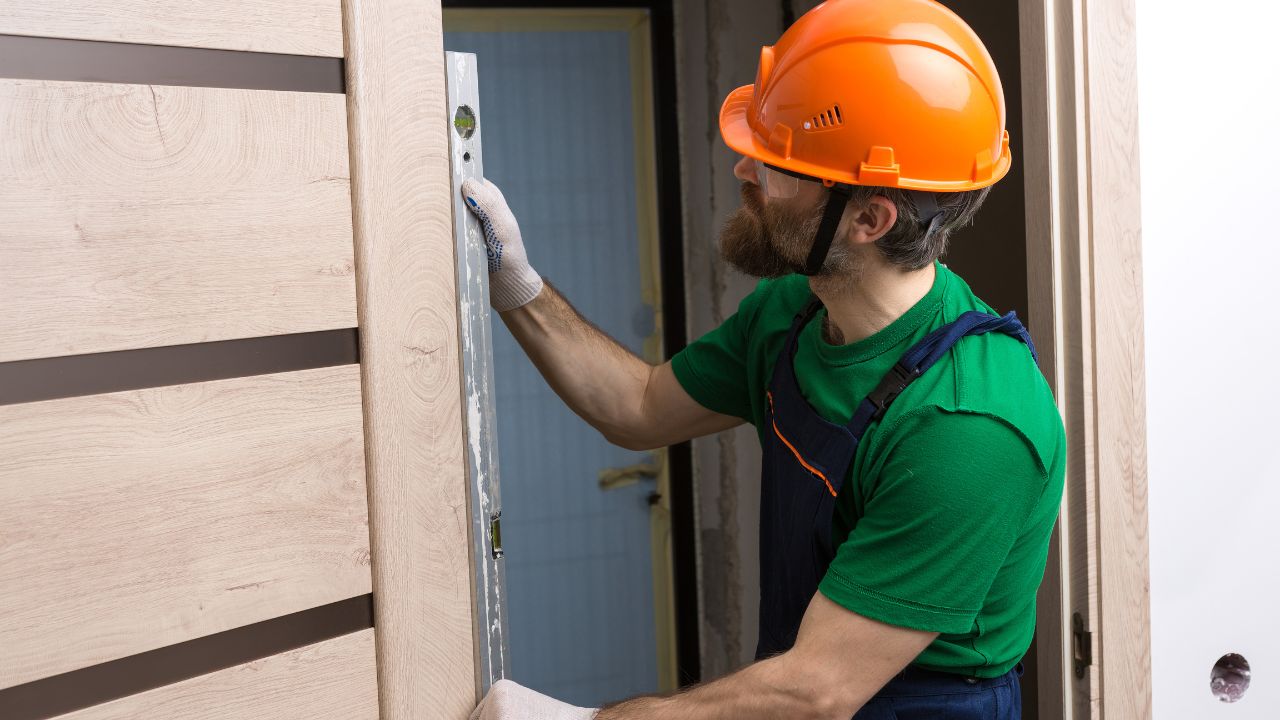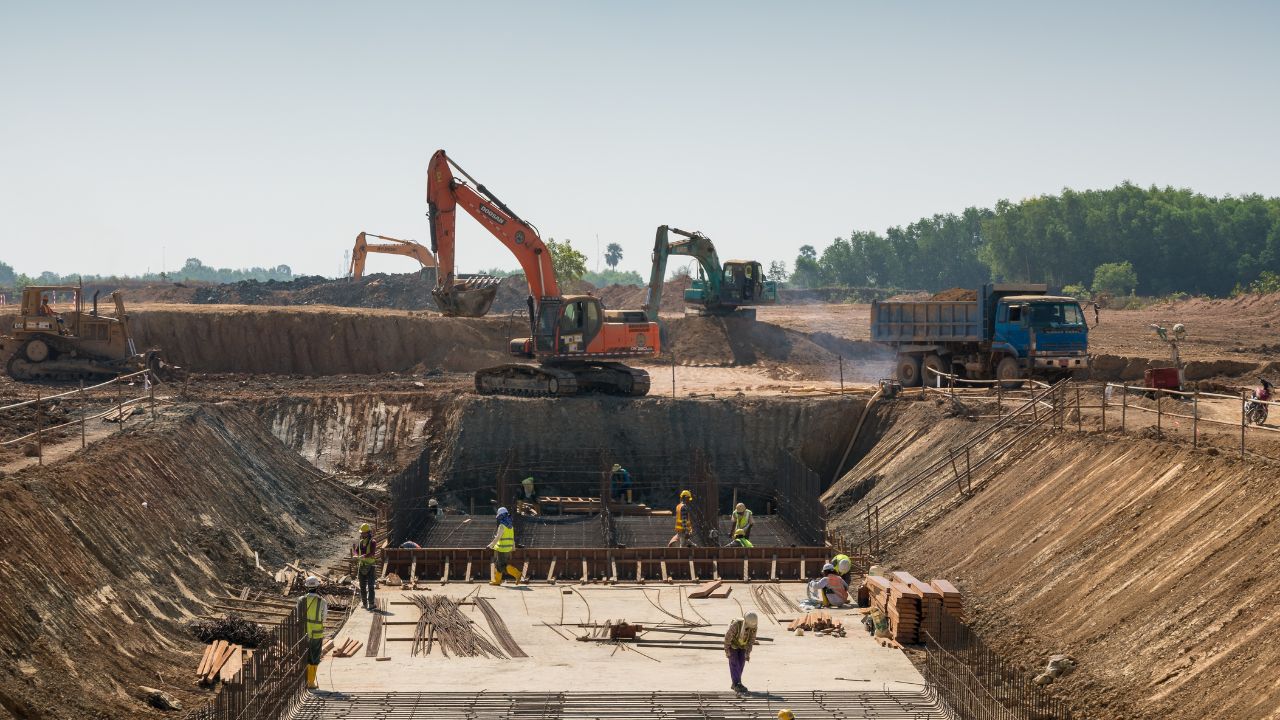- Homepage
- Concrete Block Cost Estimator
Concrete Block Cost Estimator
Leading provider of estimate services.
Estimate Florida Consulting as a concrete block building cost estimator is here to allow you to achieve new levels of productivity and efficiency in budgeting and takeoff, giving your concrete contracting company the boost it needs to not only survive but profit in these difficult economic times. Bid more win more!
Labor costs $10 to $17 per square foot for concrete block wall installation. The cost to lay blocks is $5 to $10 per block for labor, supplies, and equipment only, without the concrete blocks. The going rate for block work labor is $35 to $100 per hour.

| BLOCK LAYING RATES | AVERAGE COST |
|---|---|
| Per block | $5 – $10 |
| Per square foot | $10 – $17 |
| Hourly | $35 – $100 |
Frequently Asked Question
Labor costs $10 to $17 per square foot for concrete block wall installation. The cost to lay blocks is $5 to $10 per block for labor, supplies, and equipment only, without the concrete blocks.
When a mason is laying between 90 to 120 block per day, every pound matters. ProBlock's light unit weight and its open end design allows the mason to go around rebar instead of up and over, thereby reducing the risk of back and shoulder injuries.
Call Now: +1(561)530-2845
Considering everything, filling your cinder blocks isn't exactly necessary, but it is completely safe, assuming you don't add dirt in it. Filling cinder blocks can help you make the structure sturdier or improve insulation, while a mix of gravel and sand can actually help you achieve both.
Call Now: +1(561)530-2845
Call Now: +1(561)530-2845
How To Build The House By Using Concrete Blocks?
Building and construction concrete block prices are $1 to $4 per block, depending on the size. Standard 8”x8”x16” concrete block prices are $1.25 to $2.50 each. The biggest 12”x8”16” CMU blocks cost $2 to $4 per block.
Stamped concrete costs $9-23 per square foot, depending on the design complexity.
Usually, contractors involved within the work of blocks, sidewalks, driveways, paving need to work onsite for completing the fieldwork and struggle to estimate accurately for bidding proposals. We help them with our accurate estimate report for concrete block projects.
Our team of professional experts is ready to help contractors to win more projects by construction estimating service.
Concrete cost estimating service is also a type of service we provide. Our concrete block building cost estimators are ready to work with you. Our concrete estimate report will be close to accurate on the basis of ZIP code tracking.
Get High-Quality 3D Rendering Services Today!
Transform your space with stunning 3D Rendering that blends style, comfort, and functionality.
We Specialize in Both Residential and Commercial 3D Rendering Projects.
- Luxury Villas
- Apartment Complexes
- Modular Kitchens
- Bathrooms
- Office Buildings
- Shopping Malls
- Hospitals
- Hotels & Resorts
How to Estimate Concrete Block Quantities for Your Project?
Need a rough estimate before calling us? Here’s a simple way to calculate how many concrete blocks you’ll need:
- Measure your wall’s area (height x length). Example: 10 ft high x 50 ft long = 500 sq ft.
- Divide by the area of one block (standard 8”x16” block = 1.33 sq ft). So, 500 ÷ 1.33 = ~375 blocks.
- Add 10% for waste or cuts: 375 x 1.1 = ~413 blocks.
For precision—especially with corners, openings, or odd shapes—our estimators use advanced tools to save you time and money. Curious? Reach out today!
Concrete Cost
Blockwork construction price factors
-
Building permits
A permit costs $50 to $450 on average, depending on the wall type, length, and location. Walls 3’ to 4’ tall or larger typically require permits, and contractors should pull permits.
-
Foundation
Large or load-bearing walls cost more for deeper footings.
-
Complexity
Wall designs with curves and multiple corners take more time.
-
Openings for gates, windows, & doors
Framing openings and adding supportive beams costs extra for additional reinforcements, mortar joints, and labor.
-
Difficult terrain or climate
Installations on sloped or rugged terrain increase labor time because of more digging and foundation work.

-
Site access
Extra charges for traveling apply according to the distance from building material suppliers to the project site.
-
Removing an old concrete fence or block wall
Demolishing concrete walls costs $5 to $16 per linear foot, depending on the size and reinforcements inside.
-
Reinforcements
Filling the wall with cement and rebar costs $1.00 to $5.25+ per square foot. Building codes state reinforcements are necessary for almost all block walls, except for non-loadbearing walls shorter than 2’ tall in some cities.
-
Insulation
Filling the concrete blocks with core-filling injection foam costs $1.50 to $2.50 per square foot.
-
Excavation
Trenching costs $10 to $20+ per square foot or more for rocky soil. Block wall foundations need to be 1’ to 3’ deep on average, or deeper for tall fences.
-
Drainage
Installing a French drain costs $10 to $30 per linear foot to prevent flooding around the wall.
-
Equipment allowance
Cutting and grinding blocks onsite is labor-intensive work with various fees depending on the wall design and project size.
-
Drainage
Installing a French drain costs $10 to $30 per linear foot to prevent flooding around the wall.
-
Equipment allowance
Cutting and grinding blocks onsite is labor-intensive work with various fees depending on the wall design and project size.
- Concrete Block Construction
- CMU Building
- Block Wall Installation
- Residential Concrete Block
- Commercial Masonry
- Concrete Block Foundation
Cinder-block wall finishing cost
Most cinder-block wall finishing options cost $1.50 to $10.00 per square foot. Sealing cinder-block walls is vital since they absorb water easily. Unsealed concrete-block walls suffer damages like cracking, deteriorating mortar, wall and insulation rot, mold, and structural failures.
| Finishing type | Average cost per square foot |
|---|---|
| Painting | $0.65 – $0.80 |
| Waterproofing sealant | $2.00 – $10.00 |
| Plastering / Stucco | $3.00 – $4.00 |
| Vinyl siding | $3.30 – $6.70 |
| Concrete finish | $1.50 – $3.50 |
| Stone veneer | $13.00 – $30.00 |
Comparison between Concrete Blocks and Traditional Bricks
Below is a comparison table between concrete blocks and traditional bricks:
| Aspect | Concrete Blocks | Traditional Bricks |
|---|---|---|
| Raw Materials | Cement, aggregates, water | Clay |
| Manufacturing Process | Factory-made under controlled conditions | Kiln-fired from molded clay |
| Strength and Durability | Excellent compressive strength, durable | Good compressive strength, durable |
| Thermal Insulation | Hollow blocks offer better insulation | Moderate insulation properties |
| Fire Resistance | Inherently fire-resistant | Inherently fire-resistant |
| Sound Insulation | Hollow blocks offer good sound insulation | Moderate sound insulation |
| Weight | Heavier | Lighter |
| Cost | Cost may vary depending on factors | Generally more expensive |
| Aesthetics and Design | Modern and industrial appearance | Timeless and classic look |
Seismic Resistance of Concrete Blocks
Seismic resistance is a critical consideration in regions prone to earthquakes, and concrete blocks offer certain advantages in terms of seismic performance. However, it is important to understand that the seismic resistance of a building is not solely dependent on the building material but also on the overall design, construction techniques, and adherence to seismic building codes.
Concrete blocks are known for their good compressive strength, which is essential in resisting vertical loads. Additionally, concrete has some inherent ductility, meaning it can deform without fracturing significantly during seismic shaking. This ductile behavior helps dissipate seismic energy, reducing the risk of structural failure.

Concrete Blocks for sound insulation
Concrete blocks, particularly hollow concrete blocks, are often used for sound insulation purposes in construction. Their design with air cavities helps to reduce sound transmission between spaces, making them a suitable choice for creating quieter indoor environments. Here are the reasons why concrete blocks are effective for sound insulation:
- Air Cavities: Hollow concrete blocks contain air cavities, which act as natural sound barriers. When sound waves encounter these air-filled spaces, they lose energy, reducing sound transmission.
- Density: Concrete is a dense material, and its mass helps to absorb and dampen sound vibrations, preventing them from traveling through the structure.
- Mass Effect: The mass of concrete blocks contributes to the “mass effect,” which is the ability to block sound waves from passing through the material. The higher the mass, the better the sound insulation.
- Wall Thickness: The thickness of the concrete block walls also plays a role in sound insulation. Thicker walls provide more sound resistance, as sound waves have to travel through more material.
- Joint Sealing: Properly sealed joints between concrete blocks further enhance sound insulation by preventing sound leakage through gaps.
- Sound Absorption: Depending on the surface finish of the concrete blocks, they can also provide sound absorption properties, helping to reduce sound reflections within a room.
- Construction Techniques: The way concrete blocks are installed can impact their sound insulation performance. Careful construction techniques, such as using staggered joints and minimizing direct contact between the blocks, can improve soundproofing.
Solid Concrete Blocks
Solid concrete blocks, also known as concrete masonry units (CMUs), are a popular construction material used in various building projects. They are made from a mixture of Portland cement, aggregates (sand, gravel, or crushed stone), water, and often other additives. These blocks offer several advantages, including strength, durability, thermal insulation, and fire resistance, making them a preferred choice for both load-bearing and non-load-bearing applications.
Solid concrete blocks have excellent compressive strength, making them suitable for bearing heavy loads in structural applications. Their robustness ensures stability and durability in various construction projects.

These blocks are dense and have a higher weight compared to other types of masonry units, such as hollow concrete blocks. The density contributes to their thermal properties, providing improved insulation.
Solid concrete blocks have inherent fire resistance properties due to the non-combustible nature of concrete. This quality enhances building safety and helps contain fires in the event of emergencies.
The dense composition of solid concrete blocks also contributes to their sound insulation capabilities. They reduce sound transmission, creating quieter and more comfortable indoor environments.
Solid concrete blocks are resistant to weather elements, including moisture, rain, and UV rays, ensuring the longevity of the structure they support.
A Wining Concrete Cost Estimate
That Helps You To Win More Metal Projects

Hollow Concrete Blocks
Hollow concrete blocks, often referred to as concrete masonry units (CMUs), are a popular building material used in various construction projects. Unlike solid concrete blocks, these units have a hollow core that provides several advantages, including reduced weight, improved thermal insulation, and better ease of handling during construction.
Hollow concrete blocks are lighter compared to solid concrete blocks, which makes them easier to transport and handle on construction sites. Their reduced weight also contributes to the overall structural load reduction.
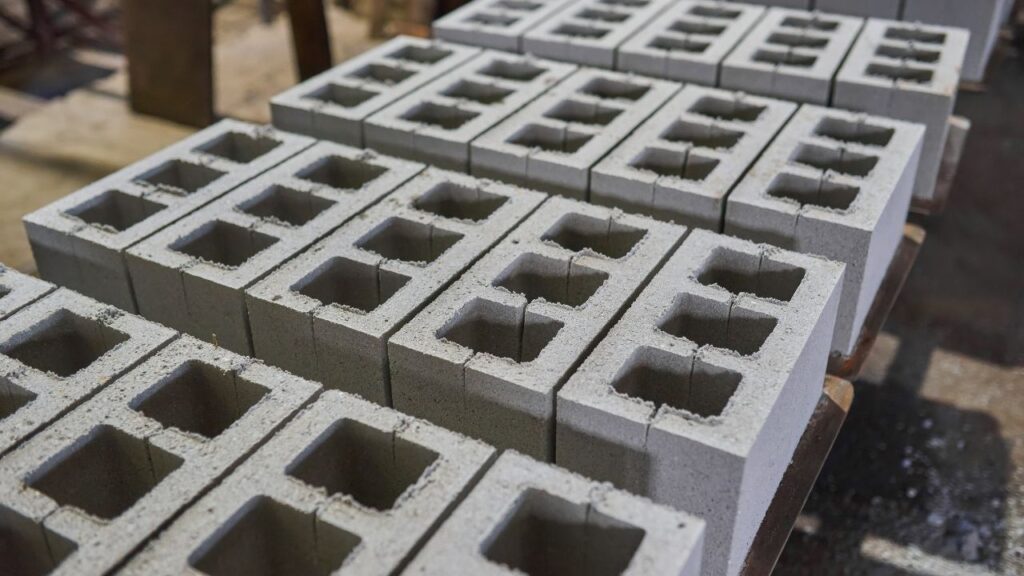
The hollow core of these blocks creates an air gap, which enhances their thermal insulation properties. As a result, buildings constructed with hollow concrete blocks often have improved energy efficiency, as they help regulate indoor temperature and reduce the need for excessive heating or cooling.
The air cavities in the hollow concrete blocks contribute to their sound insulation capabilities, resulting in quieter indoor environments.
Although hollow, these blocks still possess sufficient compressive strength to support moderate loads, making them suitable for various construction applications.
Applications of Hollow Concrete Blocks
- Load-Bearing Walls: Hollow concrete blocks are commonly used to construct load-bearing walls, where their combination of strength and reduced weight offers an efficient building solution.
- Non-Load-Bearing Walls: In non-structural applications, hollow concrete blocks serve as interior walls and partitions. Their lightweight nature makes them easy to install and modify as needed.
- Infills and Insulated Panels: Hollow concrete blocks are utilized as infill material in reinforced concrete frames or as components of insulated wall panels in modern construction methods.
- Ventilation Ducts: The hollow cores of these blocks can be used to create ventilation ducts or air channels within the walls, promoting natural airflow and improving indoor air quality.
- Cavity Walls: Hollow concrete blocks are commonly used in cavity wall construction, where an inner leaf and an outer leaf with an air cavity in between provide enhanced thermal performance.
Concrete Block vs. Other Building Materials: Cost Comparison
Wondering how concrete blocks stack up? Here’s a quick comparison:
| Material | Cost per Sq Ft | Durability | Maintenance |
|---|---|---|---|
| Concrete Blocks | $12 – $20 | High | Low |
| Wood Framing | $10 – $15 | Moderate | High |
| Brick | $15 – $25 | High | Moderate |
Concrete blocks strike a balance: affordable upfront, with long-term savings on repairs. Perfect for Florida’s tough conditions. Let us help you decide what’s best for your budget!
Get Accurate Concrete Block Cost Estimates Today
Don’t guess your project costs—get the facts. Our team delivers detailed breakdowns for materials, labor, and more, so you can bid confidently or build affordably. Call 561-530-2845, email info@estimatorflorida.com, or fill out our quick contact form to kick things off. Let’s make your concrete block project a success!
Download Template For Concrete Blocks Project Breakdown
- Materials list updated to the zip code
- Fast delivery
- Data base of general contractors and sub-contractors
- Local estimators

Comprehensive Trade-Specific Estimates
At Estimate Florida Consulting, we offer detailed cost estimates across all major trades, ensuring no part of your project is overlooked. From the foundation to the finishing touches, our trade-specific estimates provide you with a complete and accurate breakdown of costs for any type of construction project.
Concrete Contractors in Florida
Concrete Services LLC
Based in Boynton Beach, with offices across Fort Lauderdale, Miami, Tampa, and Deland. They manage a large fleet — slipform machines, concrete pump trucks, backhoes, dump trucks, and paving equipment — which helps reduce wait times and handle big projects.


Tom Jones Concrete Solutions
A locally owned and operated firm (Keystone Heights, FL) with ~32 years of experience; specializes in stamped and decorative concrete, and provides both residential and commercial concrete work — owner personally oversees each job for quality.
ACCG Inc.
Serves Orlando & Central Florida; offers both residential and commercial concrete services — driveways, foundations, custom concrete work — with free quotes and a written warranty.




Our Clients & Partners
We pride ourselves on building strong, lasting relationships with our clients and partners across the construction industry.
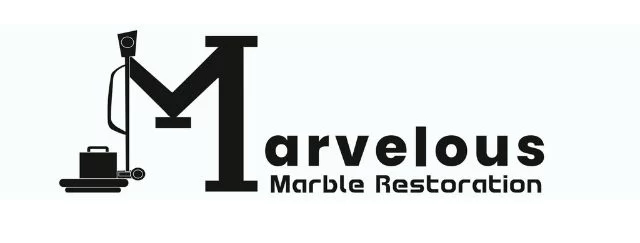

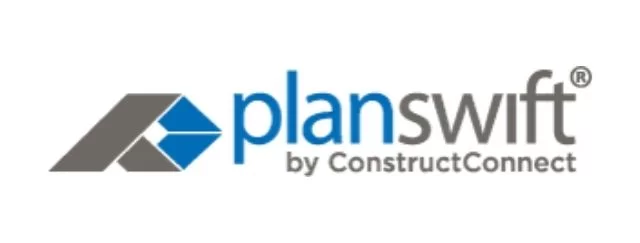
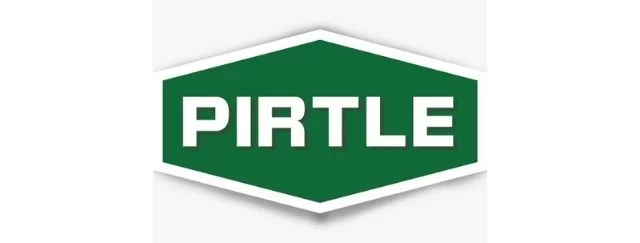

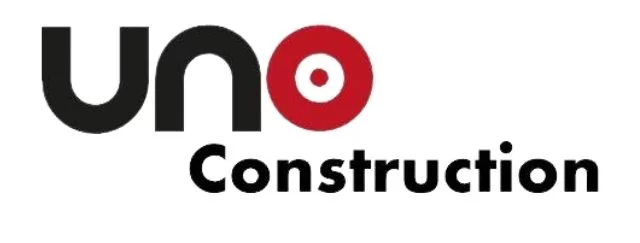
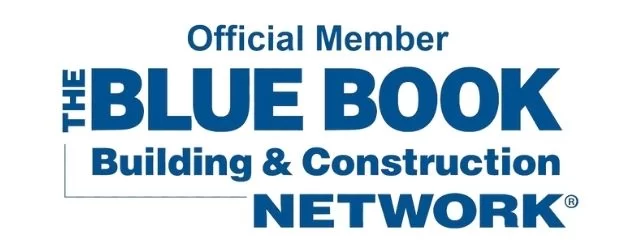
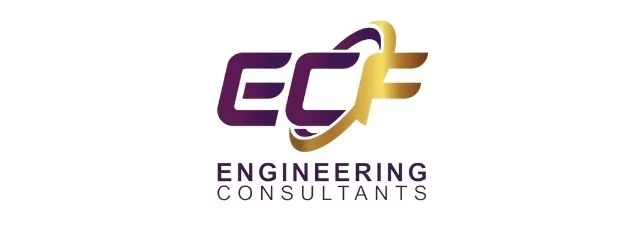
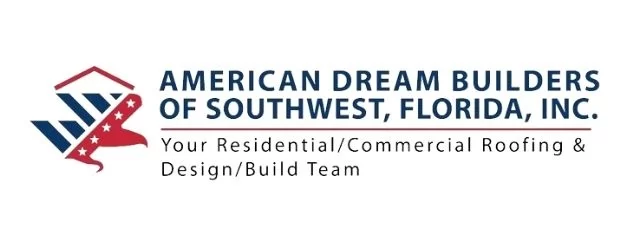


Testimonials
What Our Clients Say
We take pride in delivering accurate, timely, and reliable estimates that help contractors and builders win more projects. Our clients consistently praise our attention to detail, fast turnaround times, and the positive impact our estimates have on their businesses.
Estimate Florida Consulting has helped us win more bids with their fast and accurate estimates. We trust them for every project!

Our Simple Process to Get Your Estimate
Upload Plans
Submit your project plans, blueprints, or relevant documents through our online form or via email.
Receive Quotation
We’ll review your project details and send you a quote based on your scope and requirements.
Confirmation
Confirm the details and finalize any adjustments to ensure the estimate meets your project needs.
Get Estimate
Receive your detailed, trade-specific estimate within 1-2 business days, ready for your project execution.



